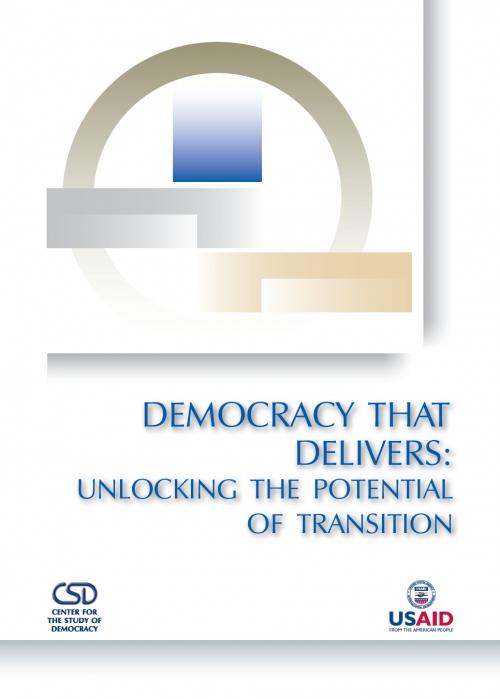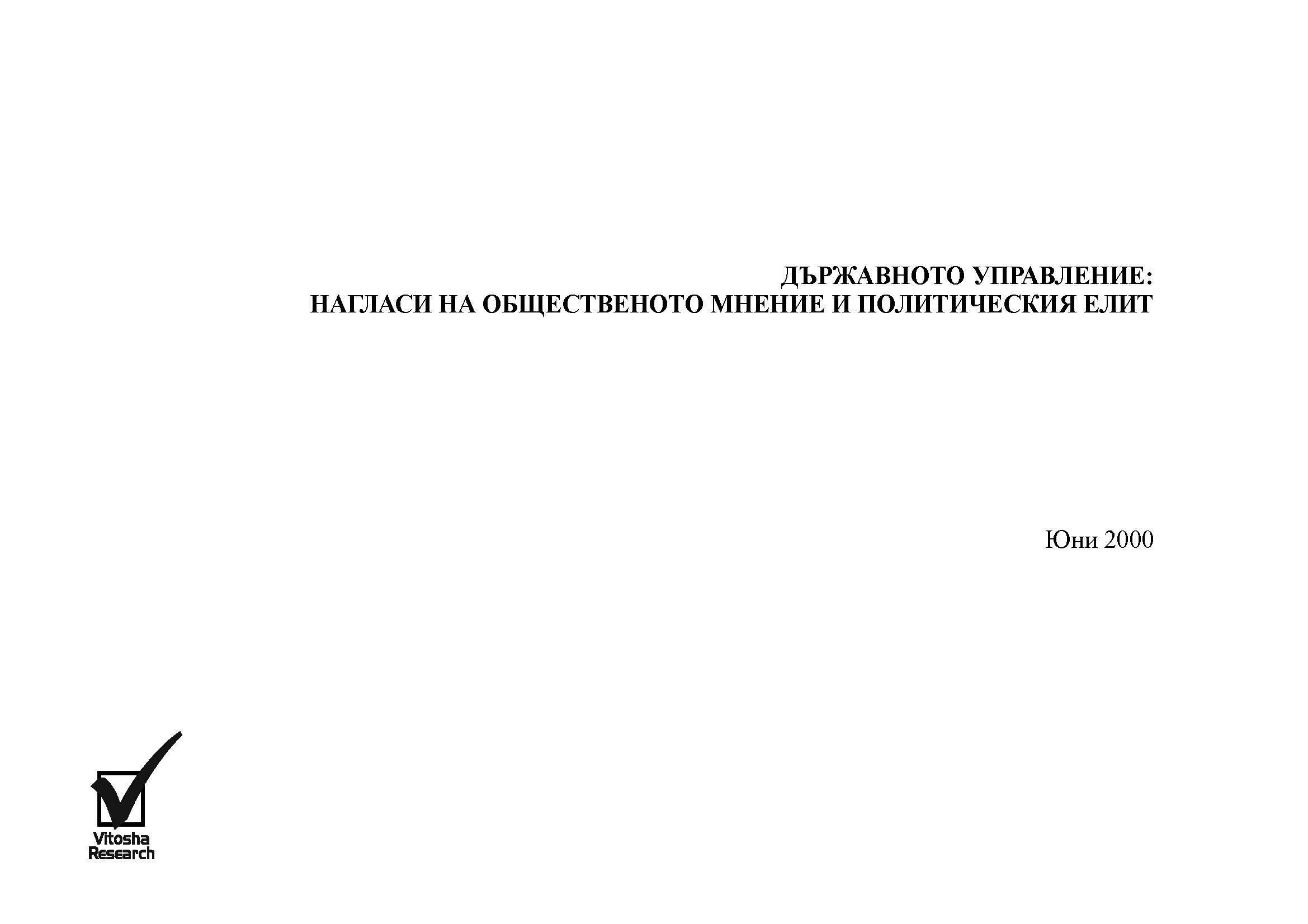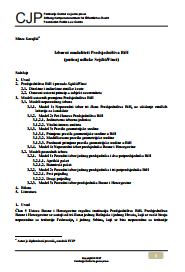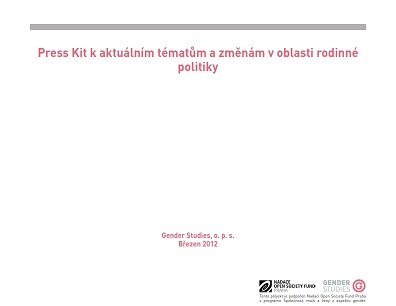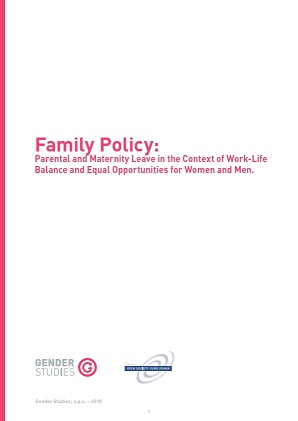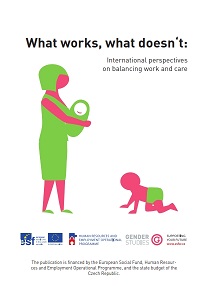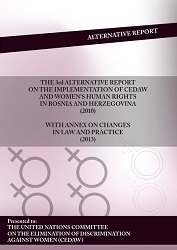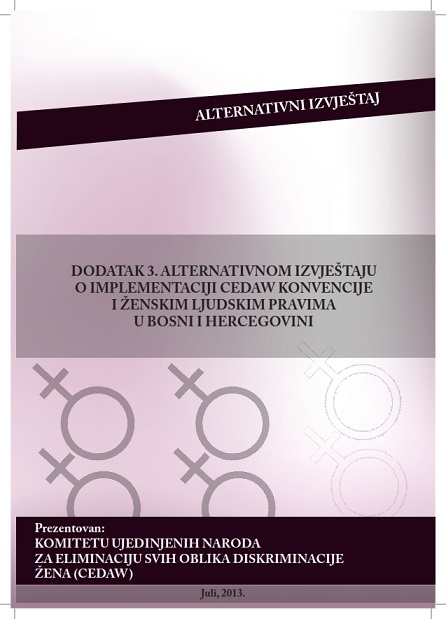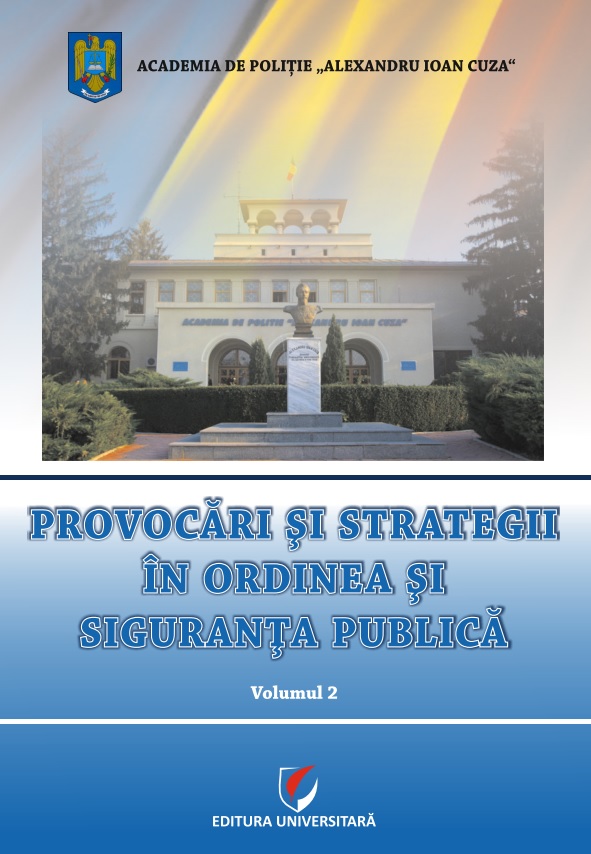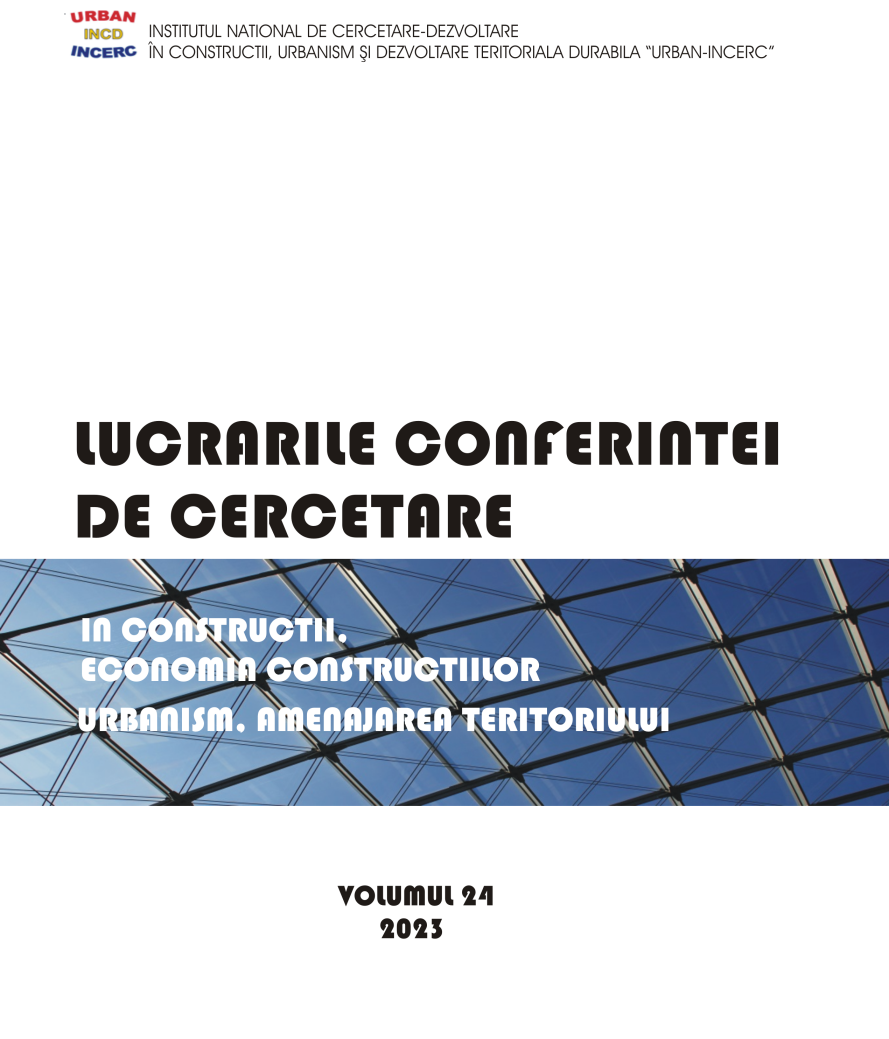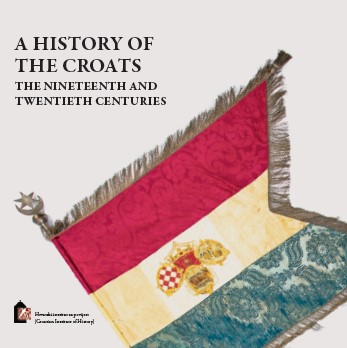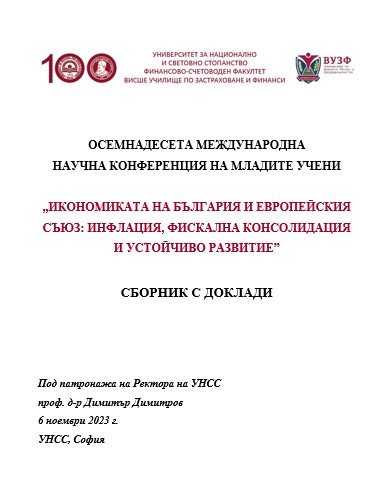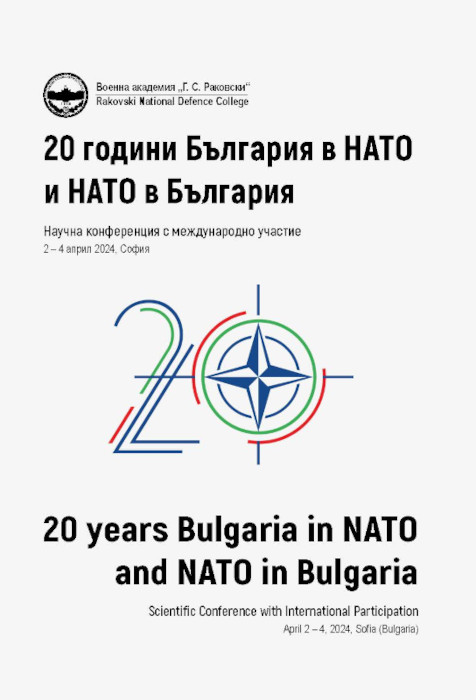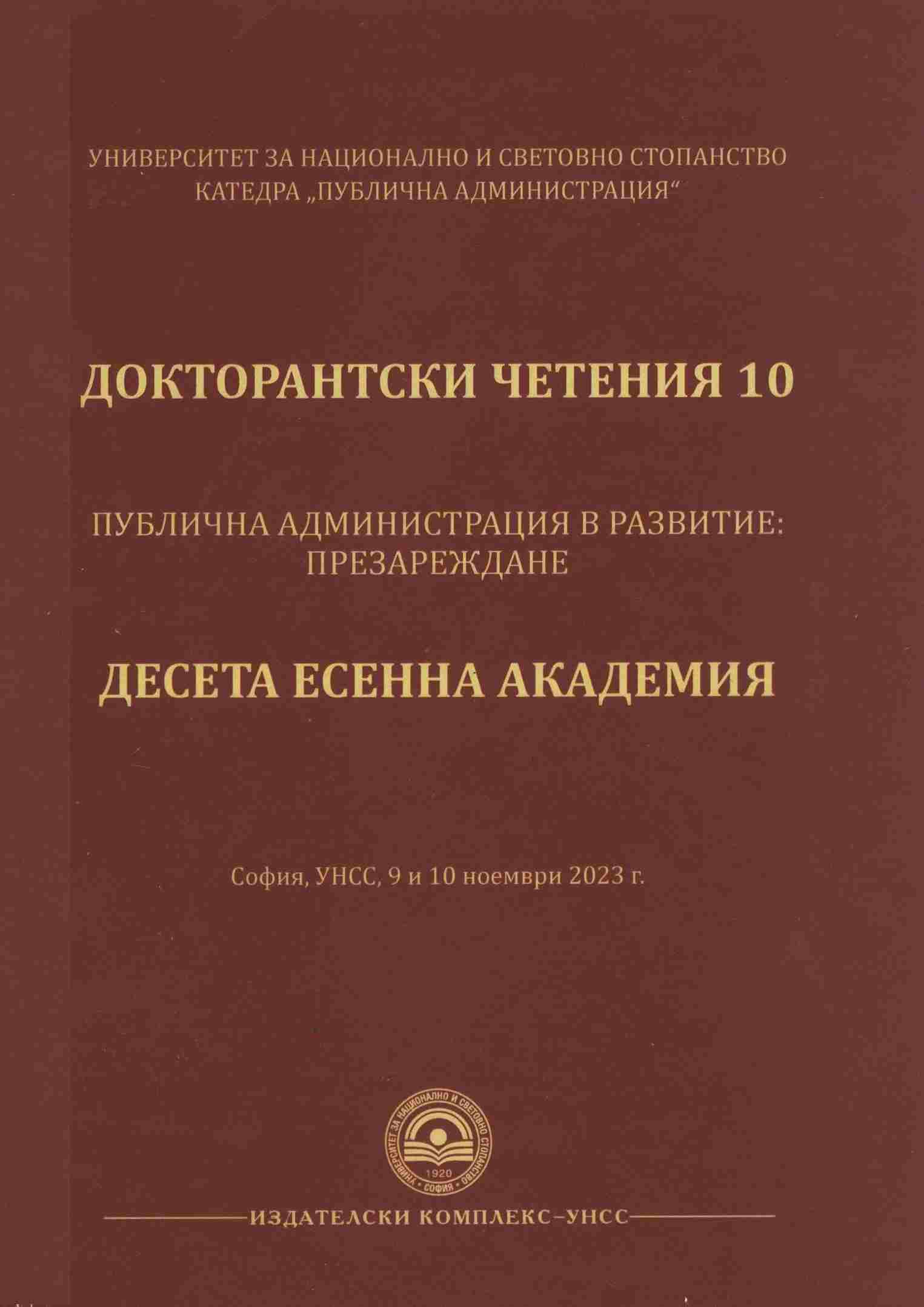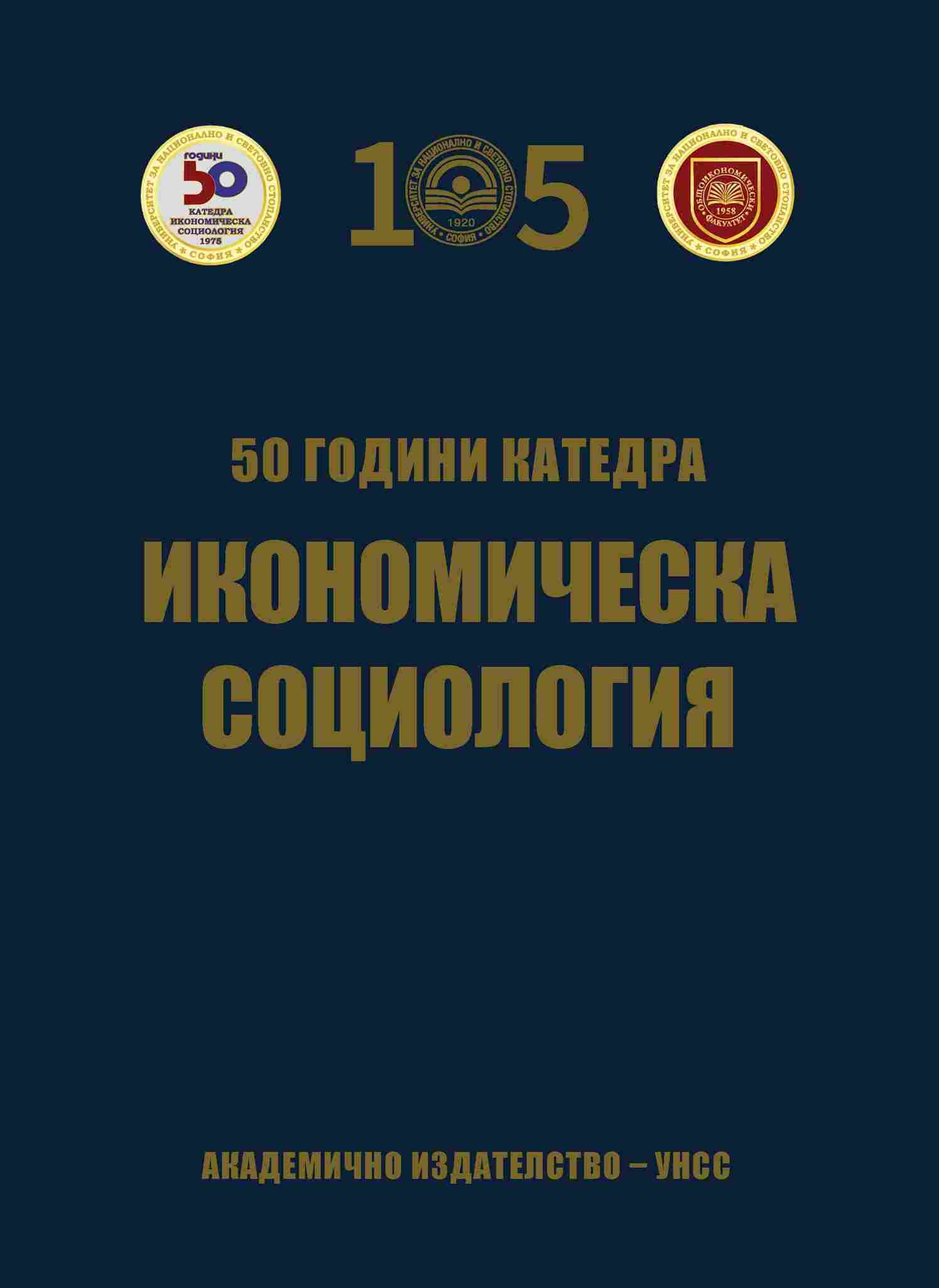Author(s): Mirza Korajlić / Language(s): Bosnian
Član 5 Ustava Bosne i Hercegovine regulira instituciju Predsjedništva BiH. Predsjedništvo Bosne i Hercegovine se sastoji od tri člana: jednog Bošnjaka i jednog Hrvata, koji se svaki biraju neposredno sa teritorije Federacije, i jednog Srbina, koji se bira neposredno sa teritorije Republike Srpske. Članovi Predsjedništva biraju se neposredno u svakom entitetu, tako da svaki glasač glasa za popunjavanje jednog mjesta u Predsjedništvu Bosne i Hercegovine. Najupadljivija karakteristika Predsjedništva BiH je da je to institucija sastavljena od tri člana, a ne jedinstvena izvršna funkcija. Tročlano Predsjedništvo, kao i druge državne institucije u BiH, kreirane su tako da se dijeli moć između tri konstitutivna naroda, da ni u jednom državnom organu predstavnik bilo kojeg konstitutivnog naroda nema prevlast. Ovaj dio Ustava izražava etničku dimenziju unutrašnjeg uređenja države Bosne i Hercegovine i gotovo isključivo se bavi postojanjem i djelovanjem tri „konstitutivna naroda“, ili tri etničkovjerske skupine, Bošnjaka, Hrvata i Srba. U tom dijelu „Ostali“ narodi, kao i „građani“, mada se spominju u Preambuli Ustava BiH, praktično su ostali izvan domašaja ustavne regulacije. Dakle, dva su glavna problema današnjih izbora članova Predsjedništva BiH: 1. U Predsjedništvo mogu biti izabrani samo pripadnici konstitutivnih naroda i na taj način se isključuju (diskriminiraju) „Ostali“. Znači, „Ostali“ nemaju pasivno biračko pravo, kao jedno od osnovnih političkih prava građana u savremenim demokracijama. Dok je aktivno biračko pravo opšte, pasivno biračko pravo je ograničeno. 2. Kombinacija teritorijalnih i etničkih propisa isključuje (diskriminira) Bošnjake i Hrvate iz Republike Srpske i Srbe u Federaciji BiH da budu izabrani u Predsjedništvo BiH, ali i da glasaju za člana Predsjedništva svoje etničke grupe, tako da se aktivno i pasivno biračko pravo uskraćuje za oko 45% građana BiH. Takvim pravilom se samo pripadnici određene etničke grupe mogu smatrati potpuno lojalnim građanima entiteta, koji mogu braniti njegove interese. Prema tome, postoji diskriminacija u oba entiteta sva tri konstitutivna naroda: Bošnjaka, Srba i Hrvata, kao i nacionalnih manjina, a posebno se diskriminiraju građani Bosne i Hercegovine, jer nemaju ista politička prava u izbornom procesu na cijeloj teritoriji BiH. Slijedi da je ugrožen princip jednakosti građana u pogledu pristupa najvažnijim državnim funkcijama. Na osnovu toga se može zaključiti da izbori za Predsjedništvo BiH nisu u potpunosti slobodni izbori i da ograničavaju aktivno i pasivno biračko pravo, kao i neke od osnovnih principa demokratskih izbora, jednake mogućnosti i puno učešće građana u političkim procesima. Presudom Evropskog suda za ljudska prava u predmetu Sejdić i Finci protiv Bosne i Hercegovine, sistem izbora članova Predsjedništva BiH i Doma naroda Parlamentarne skupštine BiH proglašen je diskriminirajućim u odnosu na „Ostale“. Problem diskriminacije Srba u Federaciji i Bošnjaka i Hrvata u Republici Srpskoj nije odlučen u pomenutoj presudi. Iako u Katalogu ljudskih prava koja sadrži Ustav Bosne i Hercegovine nije izričito nominirana lista političkih prava, s obzirom na međunarodne standarde koji su sadržani u Ustavu, može se zaključiti da su garancijama političkih prava obuhvaćena prvenstveno: prava koja uključuju slobodu mišljenja, savjesti i vjere; slobodu izražavanja i štampe; aktivno i pasivno biračko pravo, kao i pravo na demokratske izbore; zabrana diskriminacije u skladu sa članom 2 (4) Ustava BiH. To znači da građani pod uvjetima opće jednakosti i bez diskriminacije po bilo kojem osnovu, imaju pravo da biraju i da budu birani, te da bez ikakve diskriminacije upravljaju javnim poslovima i da im bude, pod jednakim uslovima, dostupno vršenje javne službe. Iako bi se iz ovoga moglo zaključiti da izborno pravo, kao i druga politička prava, pripadaju građanima u Bosni i Hercegovini na cijelom njenom teritoriju i bez bilo kakve diskriminacije, ipak postoji nesklad i kolizija ovih ustavnih odredbi u odnosu na ustavne norme koje uređuju pitanja izbora, između ostalog, i Predsjedništva BiH.
More...
